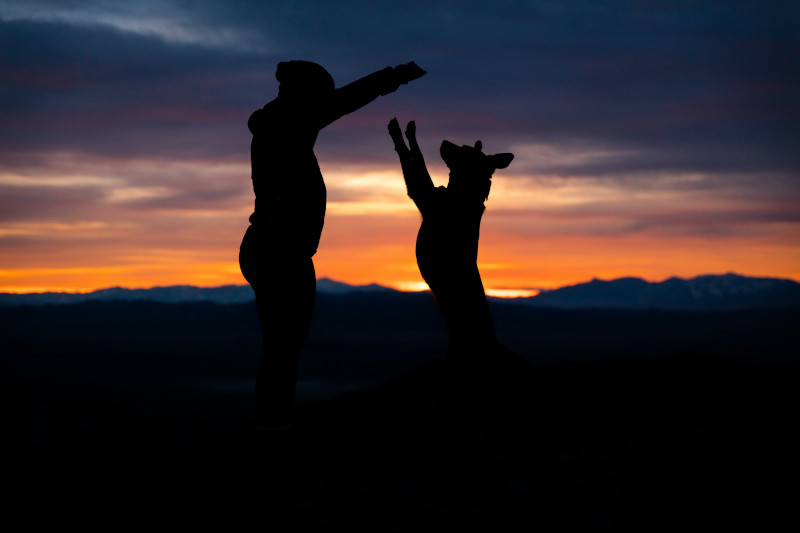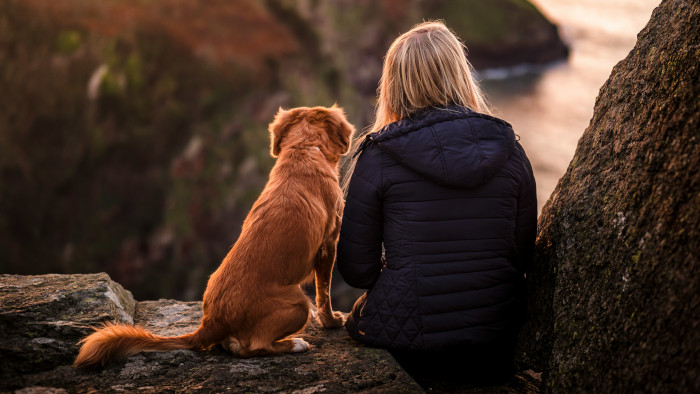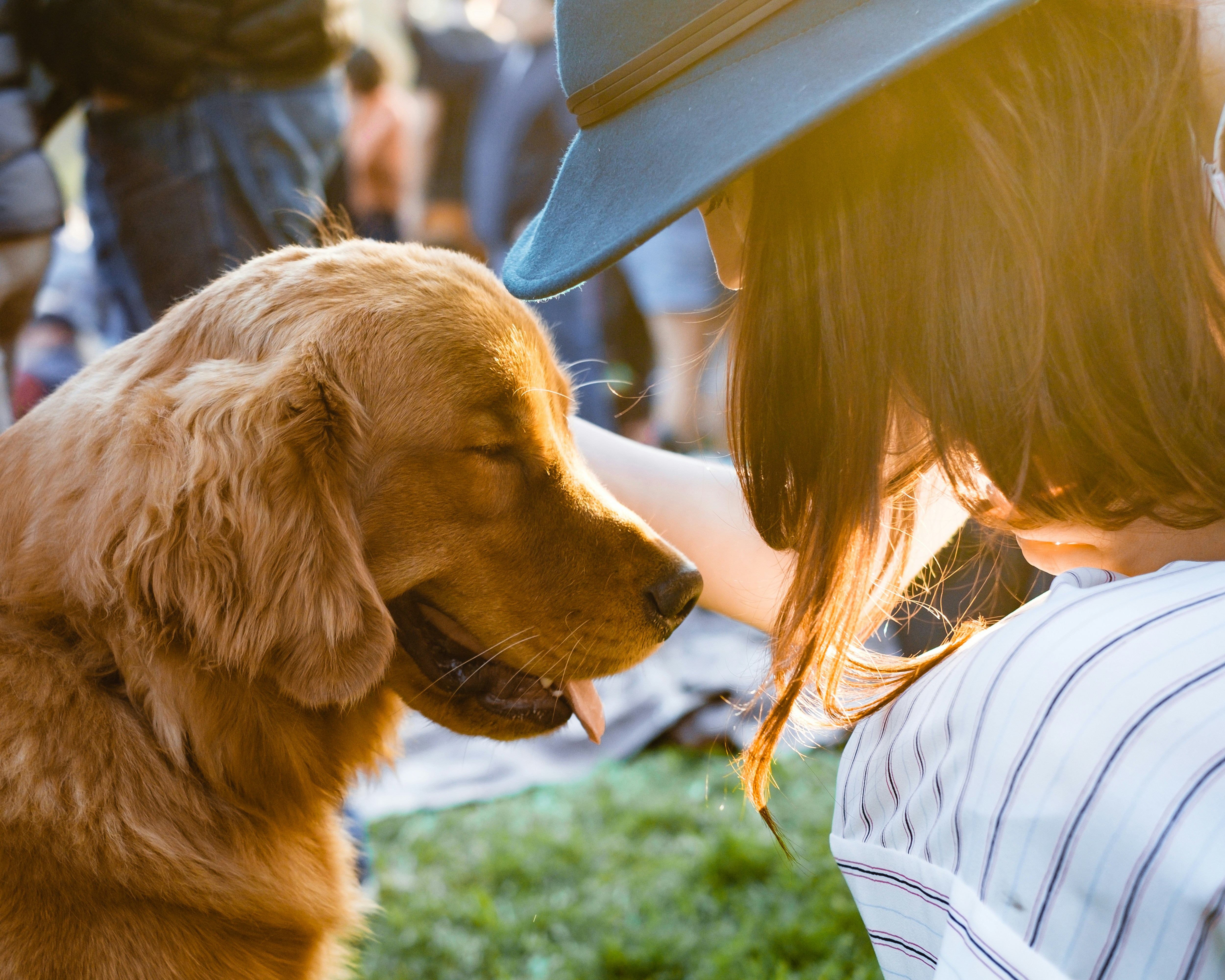Understanding Zoosexuality
zoosexuality.net is dedicated to providing accurate, unbiased information, challenging misconceptions, and fostering understanding.

What is zoosexuality?
Zoosexuality is a sexual orientation characterized by an enduring pattern of emotional, romantic, and/or sexual attraction to non-human animals. This attraction is a deeply felt and genuine aspect of an individual's identity, similar to other sexual orientations.
Zoosexual individuals often form meaningful bonds with animals based on mutual affection and respect. These bonds prioritize the animal's well-being, comfort, and agency, and must not be confused with any form of abuse. Moreover, zoosexuality is not a choice or a fetish, but rather an attraction that shapes a person's sense of self and which can be lived out in a safe, healthy and fulfilling manner.

Not a choice
Feelings associated with this orientation are not chosen. For a zoosexual, self-acceptance is a crucial requirement to live a fulfilling life.

Safe and respectful
Zoosexuals advocate for the well-being and agency of animals, focus on building meaningful bonds and strongly oppose any form of abuse.

A common experience
While often unseen, zoosexuality is prevalent in people of all backgrounds and identities from all over the world.
Know the difference: zoosexuality is not a fetish!
Zoosexuality is not a fetish, and it is important to distinguish between zoosexuality and the sexual objectification of animals. The two are fundamentally different in nature and intent.
Zoo fetishism refers to the sexual arousal derived from animals in which the animal is merely seen as an object for sexual gratification. While sexual interest in objects or scenarios such as leather or roleplay are a healthy facet of human sexuality, the objectification of a living sentient being is problematic in itself and can lead to abuse. Zoo fetishists do not desire to form bonds with animals and often use animals as a purely sexual aide and to spice up their sex life. It often also involves behavior such as thrill seeking or taboo breaking.
Zoosexuality, in contrast to zoo fetishism, is an orientation characterized by an attraction to non-human animals, where each individual animal is seen as their own person deserving of respect and consideration, opposing harmful or abusive behavior. Zoosexuality manifests in a wide variety of experiences, which can include a strong platonic bonds, deep emotional connections, romantic feelings of love and care, and yes, also sexual attraction, but never at the expense of an animal's well-being.

Advocates for Animals
Far from being a threat to animal welfare, zoosexuals are often the most ardent advocates for animal rights; building meaningful bonds, cherishing the unique qualities of each individual and also feeling a deep sense of responsibility for the well-being of the animals in their lives. Associating zoosexuality with forms of abuse is a harmful misconception, akin to similar myths and generalizations that have been used to oppress and marginalize other sexual minorities.
Zoosexuals are often involved in...
A significant trend among zoosexuals is a deep empathy for animals in general. While it should not be generalized, it comes as no surprise that they are noticeably more likely to be engaged in areas or interests such as:
Ethical Eating & Veganism
Many zoosexuals adopt vegan or vegetarian lifestyles, aligning their diets with their respect for all sentient beings.
Animal Rights Advocacy
Active involvement in promoting animal rights, supporting shelters, and campaigning against cruelty in all its forms.
Environmental Consciousness
A deep concern for wildlife and its natural habitat often leads to participation in causes for environmental protection and sustainability.
Societal Struggles
The nature of zoosexuality, differing from conventional norms of attraction, often encounters a lack of widespread understanding or immediate open-mindedness. This presents a significant challenge for individuals who identify with this orientation.
For zoosexuality, the stigma and discrimination encountered as a minority sexual orientation is often significantly amplified by a historically unfavorable view of animals as lesser beings. The idea of forming deep, reciprocal bonds with non-human animals is often received with disgust, mockery or bewilderment and is sometimes even perceived as a threat to the social status quo.
Have More Questions?
Dive deeper into specific topics and get detailed answers in our comprehensive FAQ section.
Explore the F.A.Q.Site is a Work in Progress
This website is a work in progress. We're actively working to create an accurate, comprehensive, and informative resource for those interested in learning more about this topic.